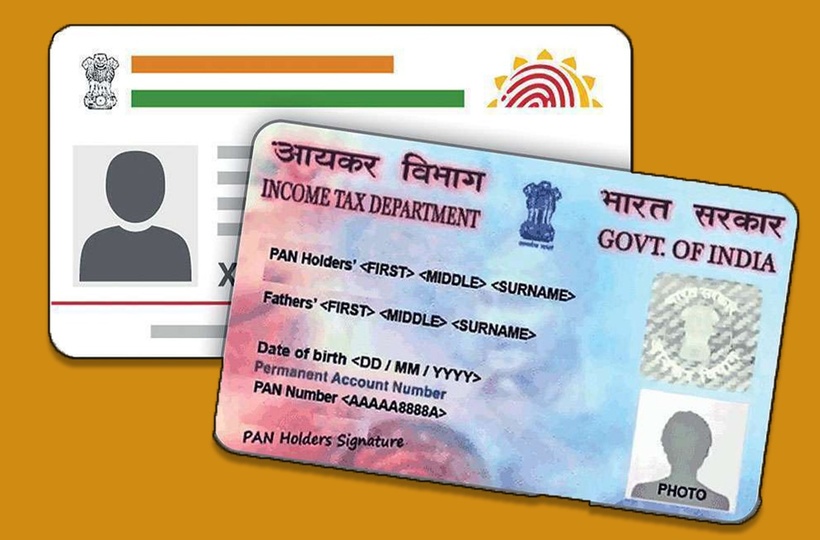
Permanent Account Number (PAN)
Permanent Account Number (PAN) is a unique alphanumeric identifier issued by the Income Tax Department of India to individuals, companies, and entities. Here are its key features and benefits:
Features of PAN:
-
Unique Identifier: PAN serves as a unique identifier for every taxpayer in India.
-
Alphanumeric Code: It consists of ten characters (e.g., ABCDE1234F), combining letters and numbers.
-
Permanent: Once issued, PAN remains valid for the lifetime of the holder and does not change.
-
Nationwide Validity: PAN is valid across India and is used for various financial and tax-related transactions.
Benefits of PAN:
-
Income Tax Filing: PAN is mandatory for filing Income Tax Returns (ITRs) in India.
-
Financial Transactions: PAN is essential for high-value financial transactions such as buying or selling property, opening bank accounts, making investments, and more.
-
Tax Deductions: PAN is required for receiving taxable salary, professional fees, or any other income on which taxes are applicable.
-
Banking and Investments: PAN is necessary for opening bank accounts, investing in stocks, mutual funds, bonds, etc.
-
Loan Applications: PAN is required for applying for loans from banks or financial institutions.
-
Government Benefits: Linking PAN with Aadhaar facilitates receiving government subsidies, benefits, and services.
-
Identity Proof: PAN serves as a valid proof of identity accepted by various authorities and organizations.
-
International Transactions: PAN is required for foreign remittances and to receive payments from abroad.
-
Business Transactions: PAN is necessary for business-related transactions, including GST registration, corporate tax filings, etc.
-
Legal Compliance: Helps in complying with tax laws and regulations, ensuring transparency in financial transactions.
Overall, PAN plays a crucial role in the financial and tax ecosystem of India, ensuring transparency, compliance, and accountability in economic activities.

